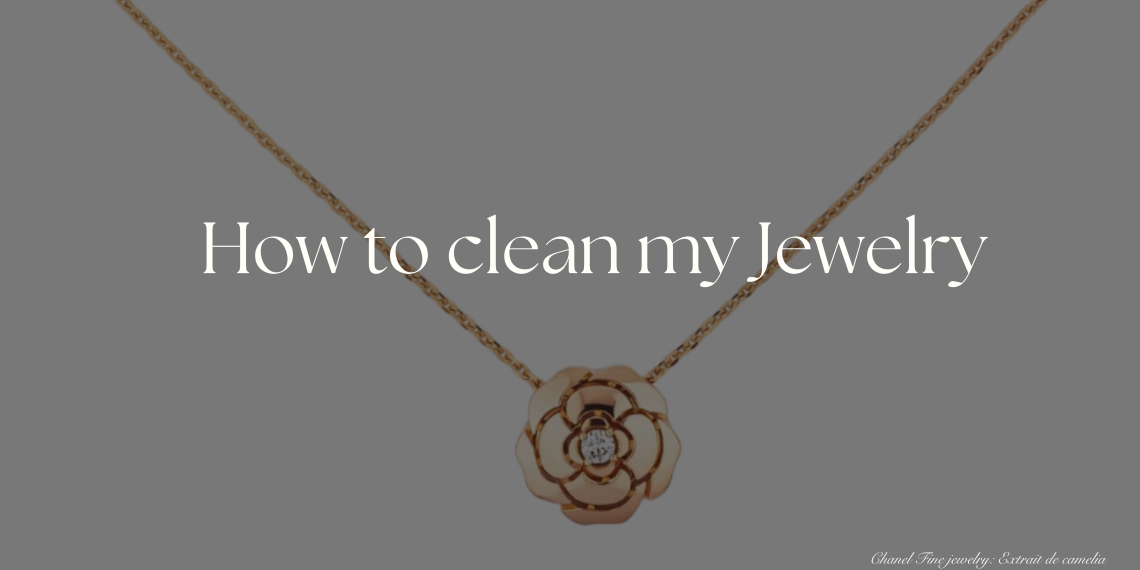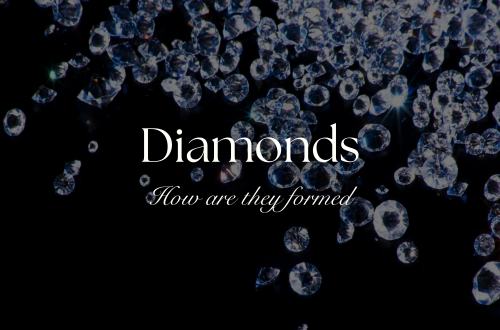This is probably my most asked question when people find out I studied gemology: “How should I clean my jewelry?”. “I heard i had to do X,Y,Z to take care of my jewelry, is that true?” So O decided to write a small guide based on the metals and the stones’ characteristics, in addition to my experience as an intern in sales at both Cartier and Chaumet.
Jewelry is not just an accessory; it is often a symbol of cherished memories, milestones, or personal style. Over time, however, jewelry can lose its luster due to dirt, oils, and exposure to everyday elements. Keeping your pieces sparkling and in excellent condition requires proper cleaning methods tailored to the specific gemstones and metals used in your jewelry.
Why Proper Cleaning Matters
First you might wonder IF you should be cleaning your jewelry and the answer is a simple YES. The buildup of dirt, dust and oil overtime does not only cause the piece to look dull and dirty, but can also lead to he stones settings becoming loose, and later losing a stone.
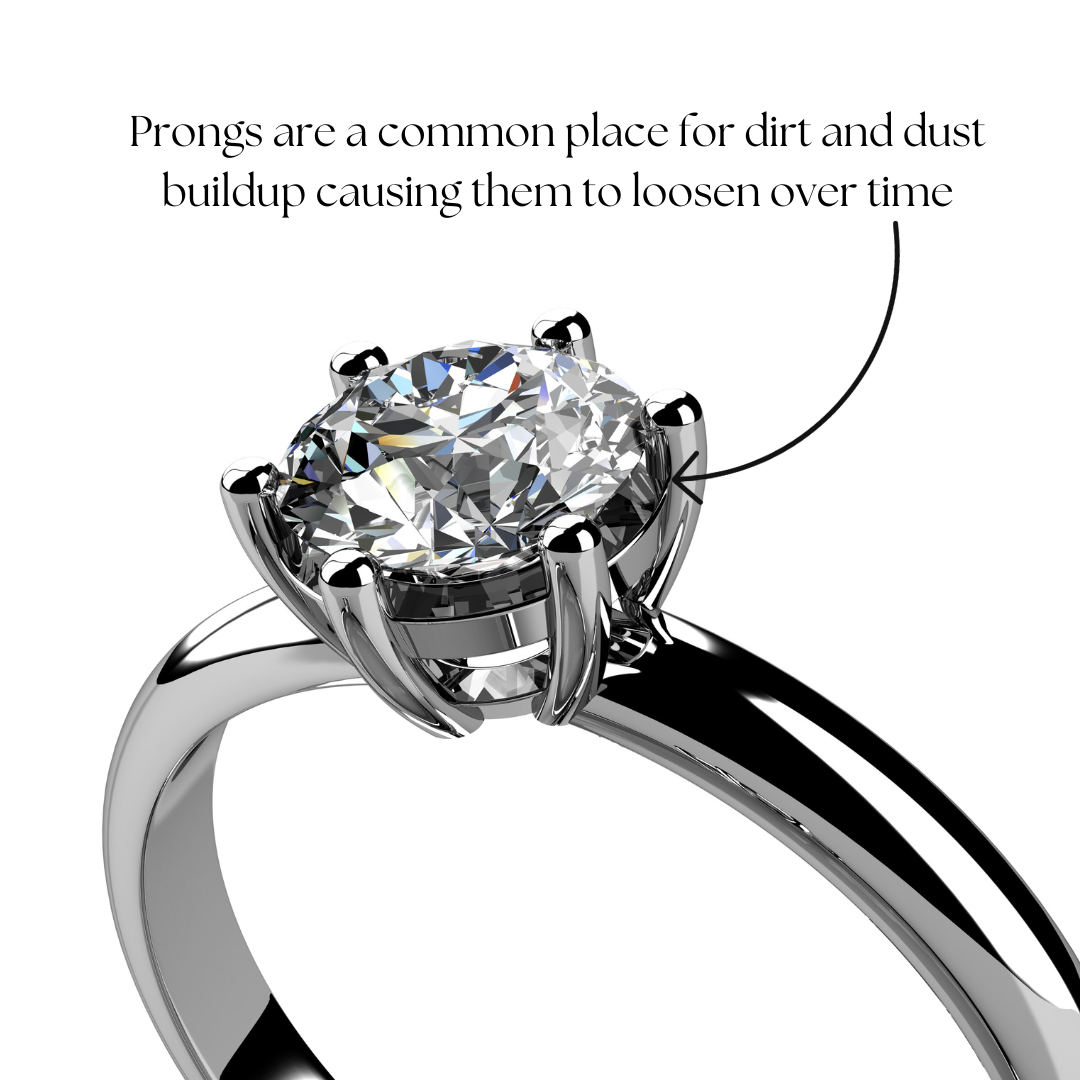
Jewelry is made from diverse materials, each with unique characteristics that determine how it should be cleaned. Improper cleaning methods can cause damage, discoloration, or even loss of gemstones. Using the right techniques helps:
- Restore brilliance and shine.
- Prolong the life of your jewelry.
- Maintain the integrity of metals and gemstones.
General Jewelry Cleaning Tips
Before diving into specifics, keep these general tips in mind:
- Inspect Before Cleaning: Check for loose stones, damaged settings, or cracks. If you notice any issues, consult a professional jeweler before cleaning.
- Avoid Harsh Chemicals: Household cleaners like bleach or ammonia can damage metals and gemstones.
- Use Soft Tools: A soft toothbrush, lint-free cloth, and mild soap are your best allies.
- Clean in a Safe Area: Use a bowl rather than the sink to prevent accidental loss down the drain.
Cleaning Jewelry Based on Metals
1. Gold Jewelry
Gold is a soft metal that can scratch easily, so gentle cleaning is essential.
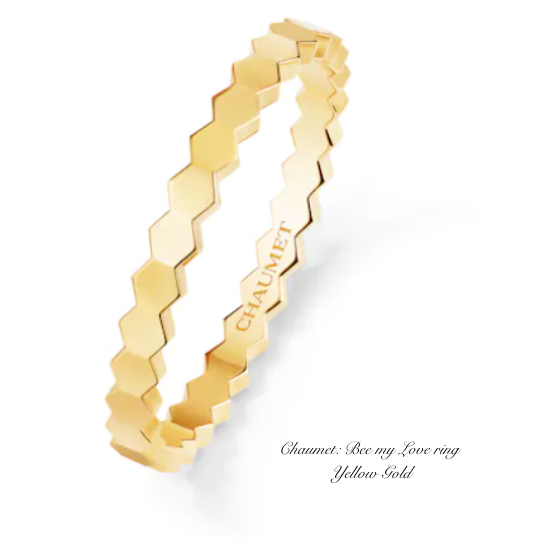
- What You’ll Need: Warm water, mild dish soap, soft cloth, and a soft toothbrush.
- Steps:
- Mix a few drops of dish soap in warm water.
- Soak the jewelry for 15–20 minutes.
- Gently scrub with a soft toothbrush to remove dirt.
- Rinse with clean water and dry with a lint-free cloth.
- Pro Tip: Avoid abrasive cleaners and ultrasonic machines, as they can scratch gold.
2. Silver Jewelry
Silver tarnishes over time due to exposure to air and moisture.
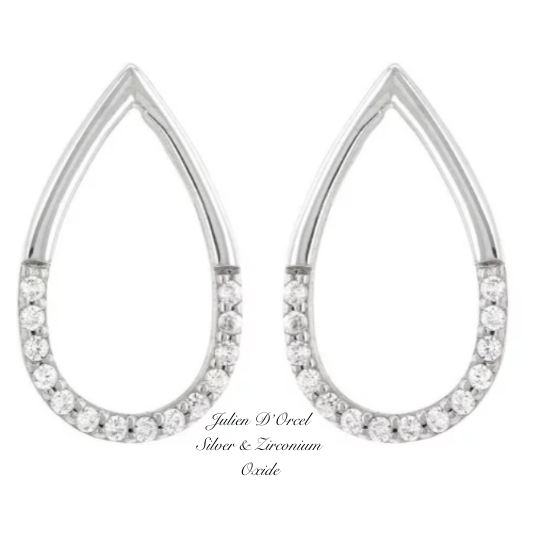
- What You’ll Need: Baking soda, water, aluminum foil, and a soft cloth.
- Steps:
- Line a bowl with aluminum foil and add hot water.
- Mix in one tablespoon of baking soda.
- Place the silver jewelry in the solution, ensuring it touches the foil.
- Let it sit for 5–10 minutes, then rinse and dry.
- Pro Tip: Store silver in anti-tarnish pouches to slow tarnishing.
3. Platinum Jewelry
Platinum is durable and resistant to tarnish but can collect dirt.
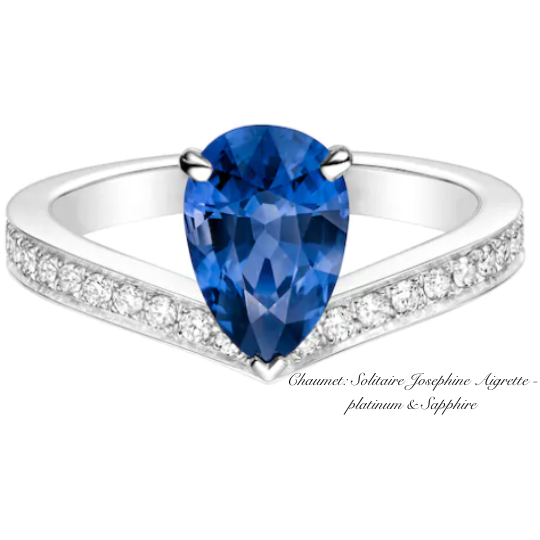
- What You’ll Need: Mild dish soap, warm water, and a soft toothbrush.
- Steps:
- Soak platinum jewelry in soapy water for 15–20 minutes.
- Use a soft brush to remove buildup.
- Rinse thoroughly and pat dry.
- Pro Tip: Avoid abrasive materials, as they can dull the finish.
4. Stainless Steel Jewelry
Stainless steel is resistant to tarnish and corrosion, making it easy to clean.
- What You’ll Need: Mild soap, warm water, and a microfiber cloth.
- Steps:
- Mix soap and water, then dip the jewelry in the solution.
- Gently scrub with a soft toothbrush.
- Rinse and buff with a microfiber cloth.
- Pro Tip: Avoid harsh chemicals like bleach or chlorine.
Cleaning Jewelry Based on Gemstones
1. Diamonds
Diamonds are hard and durable but can accumulate oils and grime.
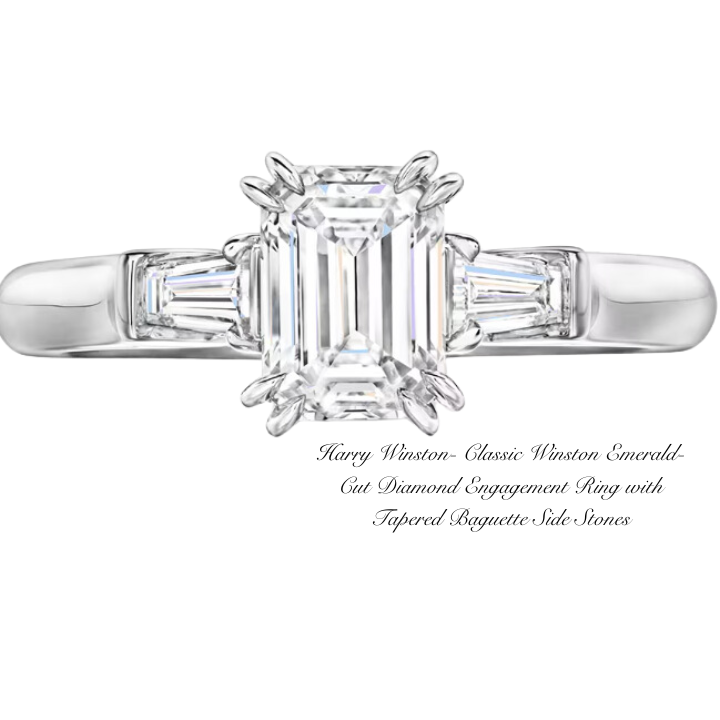
- What You’ll Need: Mild dish soap, warm water, and a soft toothbrush.
- Steps:
- Soak the diamond jewelry in soapy water for 15 minutes.
- Use a soft toothbrush to clean around the setting and facets.
- Rinse with clean water and dry with a lint-free cloth.
- Pro Tip: Use an ultrasonic cleaner sparingly, as it may loosen settings.
2. Pearls
Pearls are delicate and porous, requiring extra care.

- What You’ll Need: neutral PH soap, water, and a soft, damp cloth.
- Steps:
- Mix a few drops of mild soap with water.
- Dampen a soft cloth and gently wipe each pearl.
- Use a clean damp cloth to remove soap residue.
- Lay flat on a towel to dry completely.
- Pro Tip: Avoid any chemicals or scratching to clean on pearls as it will damage them. If your pearls are mounted on a string avoid submerging them in water as it will weaken the string’s fibers.
3. Emeralds
Emeralds often have inclusions and treatments that make them fragile.

- What You’ll Need: Lukewarm water, mild soap, and a soft cloth.
- Steps:
- Mix lukewarm water with a drop of soap.
- Gently clean the emerald with a soft cloth.
- Wipe with a damp cloth to remove soap and pat dry.
- Pro Tip: Avoid ultrasonic or steam cleaning, as it can damage the stone, and the treatment.
4. Opals
Opals are soft and hydrated stones that require special care.

- What You’ll Need: Damp cloth.
- Steps:
- Wipe the opal gently with a damp cloth.
- Avoid soaking or using soap.
- Pro Tip: Store opals in a moist environment to prevent drying or cracking.
5. Sapphires and Rubies
These gemstones are hard and durable, making them easier to clean.
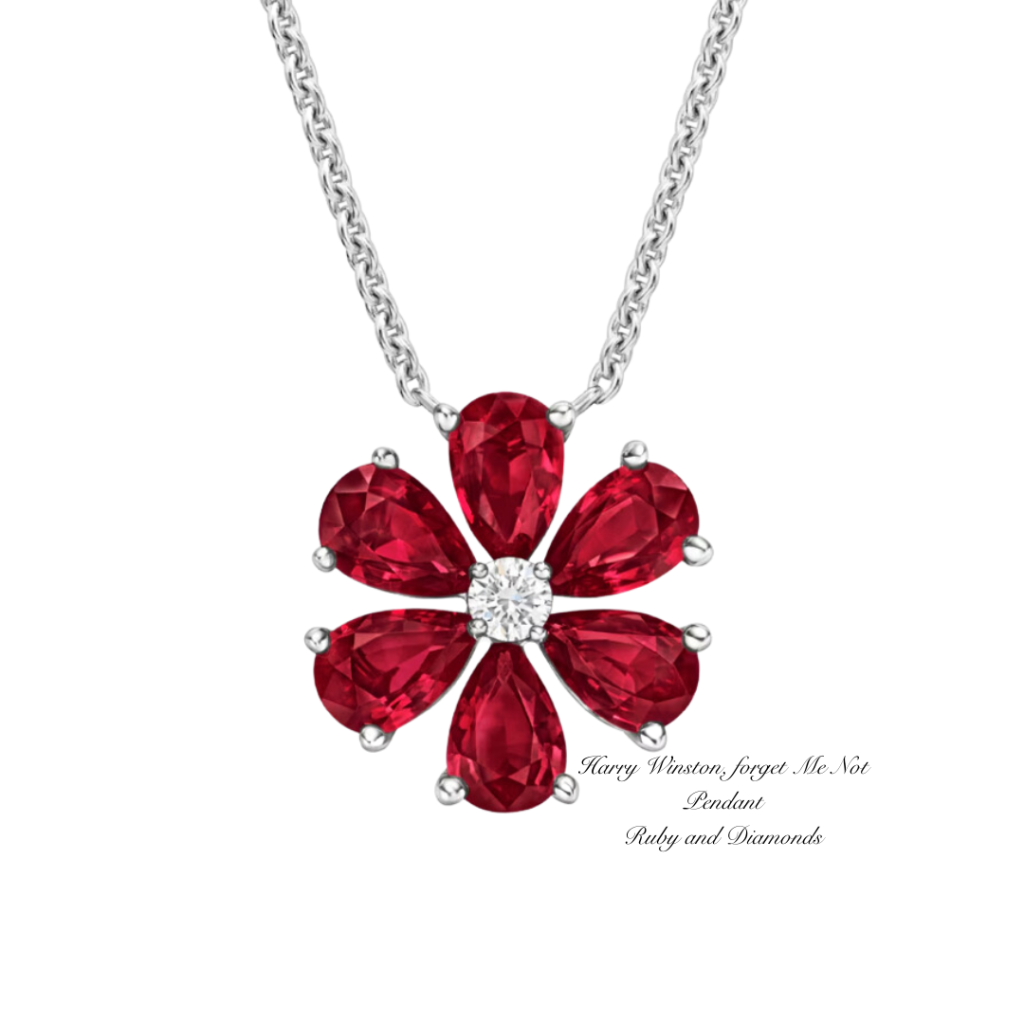
- What You’ll Need: Mild soap, warm water, and a soft toothbrush.
- Steps:
- Soak the jewelry in soapy water for 15 minutes.
- Use a toothbrush to clean around the stone and setting.
- Rinse and dry with a soft cloth.
- Pro Tip: Sapphires and rubies can often be safely cleaned with ultrasonic cleaners.
6. Amethyst, Citrine, and Other Quartz
Quartz gemstones are generally durable but can scratch if not handled carefully.
- What You’ll Need: Mild soap, warm water, and a soft cloth.
- Steps:
- Clean with soapy water and a soft brush.
- Rinse and dry with a lint-free cloth.
- Pro Tip: Avoid exposing quartz to high heat or strong chemicals.
Professional Cleaning vs. At-Home Cleaning
While regular at-home cleaning is essential, periodic professional cleaning ensures your jewelry remains in peak condition. Professional services can:
- Use advanced equipment like ultrasonic or steam cleaners.
- Address repairs or adjustments needed for settings or clasps.
- Restore tarnished or dull metals through polishing.
How to Store Your Jewelry
Proper storage can prevent tarnish, scratches, and damage:
- Use Individual Compartments: Store each piece separately to avoid scratching.
- Anti-Tarnish Solutions: Use anti-tarnish strips or pouches for silver.
- Keep Away from Sunlight and Humidity: Protect jewelry from prolonged exposure to light and moisture.
